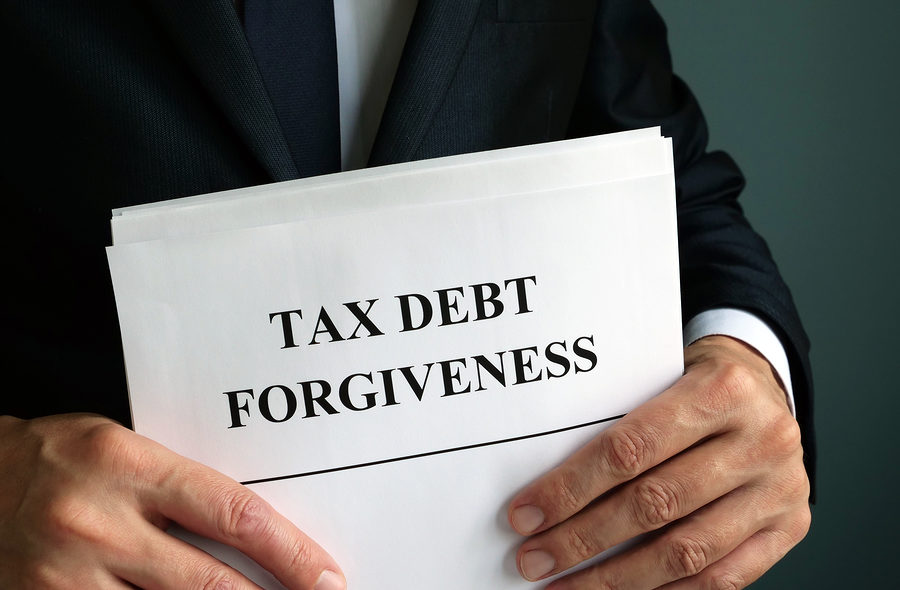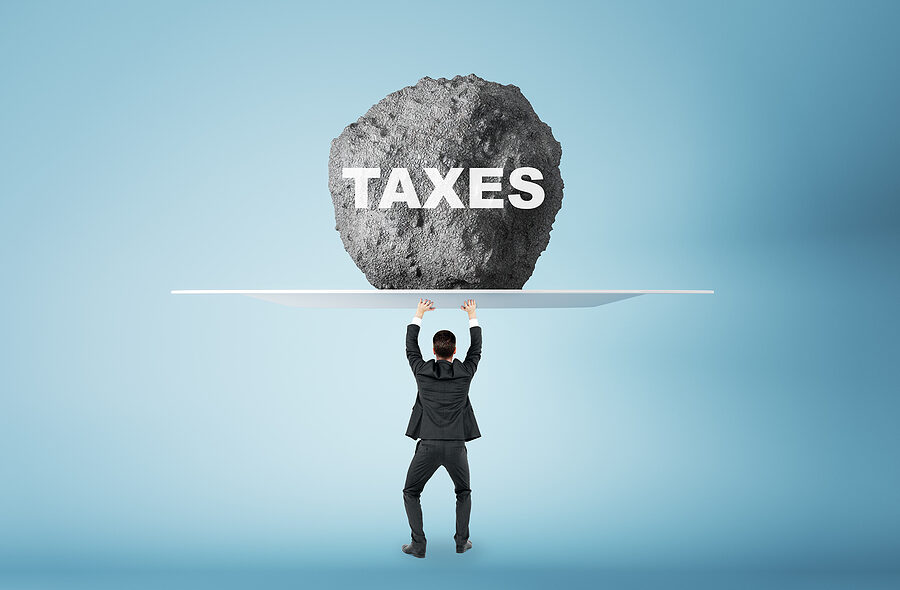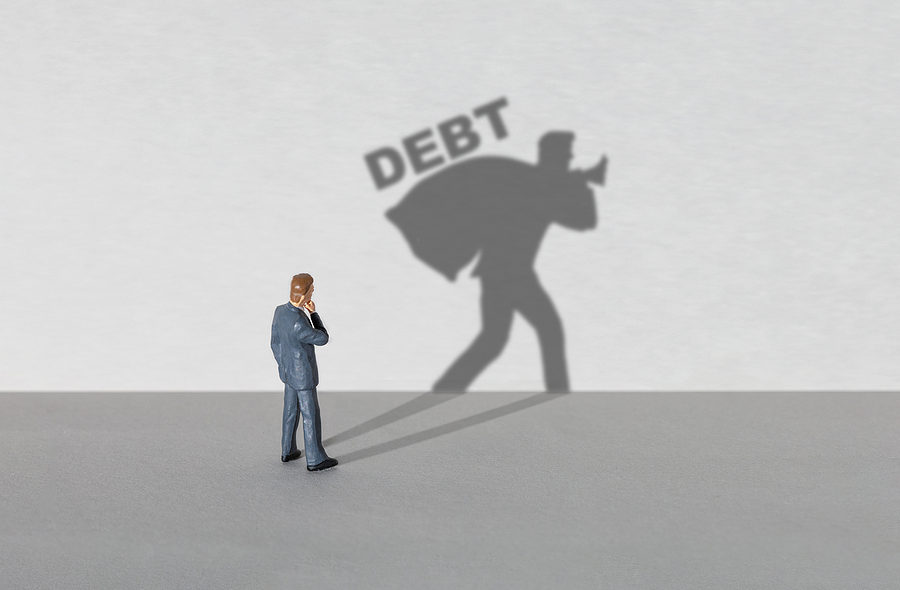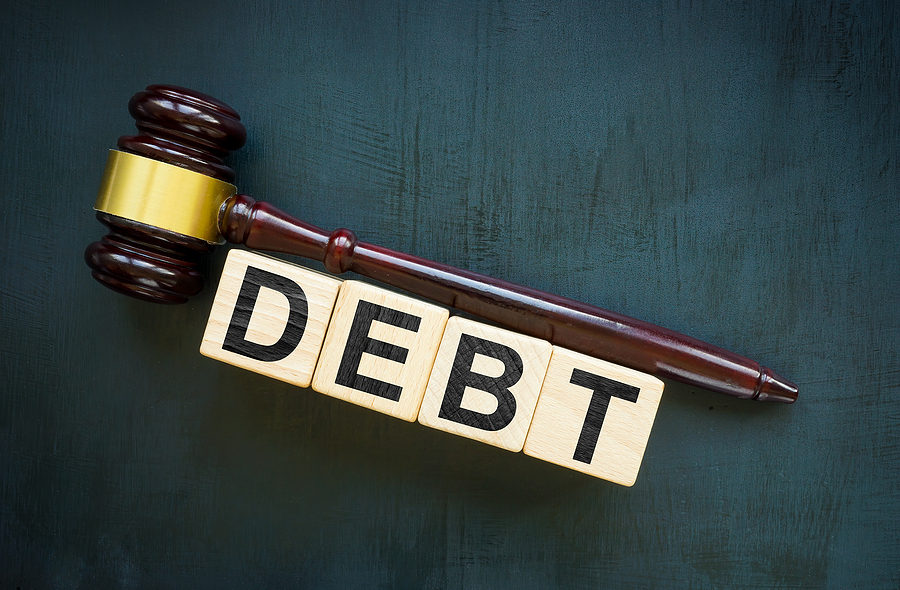If you are considering filing for bankruptcy, you may be wondering if your tax debts can be discharged. Although the automatic stay will delay the IRS from contacting you about your debts, taxes are treated differently than other kinds of debt when you file bankruptcy.
If you can prove the tax debt is the result of fraud or mistake, you may be able to get it discharged. Also, if you can show that paying your taxes would create an undue hardship, this can allow you to have your tax debt discharged.
Income tax is the only kind of tax debt that can be discharged in Chapter 7 bankruptcy. In Chapter 13 bankruptcy, tax debt can generally not be discharged. Instead, it can be repaid throughout the life of your Chapter 13 repayment plan, which can last 3-5 years.
Here are three basic rules that will tell you if your tax debts are eligible for discharge.
- The Three-Year Rule. Your tax debts must be three years old from the date they were due, not from the date that you filed. Tax returns are due on April 15th each year. Calculate three years from the time the taxes were due.
- Your Tax Returns Must Have Been Filed for Two Years Before Bankruptcy. Taxes must be filed for two years prior to the bankruptcy filing to prevent delinquent taxpayers from filing late returns one day and bankruptcy the next.
- The Taxes Must Have Been Assessed More Than 240 Days Ago. The IRS must formally determine that you owe the taxes you are trying to eliminate in bankruptcy more than 240 days before you file the paperwork with the court. Note that an offer in compromise will delay the 240-day rule while it is pending plus an additional 30 days.
Tax Debt in Chapter 7 vs. Chapter 13 Bankruptcy:
Your tax debt can be discharged under Chapter 7 if:
- It is income tax.
- The debt is at least three years old.
- You did nothing fraudulent to evade paying your taxes.
- You filed a tax return for the debt you hope to discharge at least two years before filing for bankruptcy. A late filing beyond the allowed extensions could disqualify your debt as dischargeable.
- You must pass the 240-day rule, meaning the IRS must have assessed the tax debt at least 240 days before your filing.
Tax Debt in Chapter 13 Bankruptcy
Chapter 13 bankruptcy can be a better option in dealing with tax debt under the following conditions:
- Tax debt older than three years might be forgiven, depending on your amount of disposable income (deducting necessary expenses).
- Discharged tax debt will not incur additional interest or penalties.
- IRS tax liens can be satisfied in a Chapter 13 repayment plan.
- The IRS must abide by your Chapter 13 repayment plan, provided all income is included in the plan and you meet all current tax obligations.
It is important to remember that there is no ‘one-size-fits-all’ answer to when taxes can be discharged in bankruptcy. The answer often depends on the type of bankruptcy being filed and circumstances surrounding the case.
If you are in financial crisis and considering filing for bankruptcy, contact an experienced Miami bankruptcy attorney who can advise you of all your options. As an experienced CPA as well as a proven bankruptcy lawyer, Timothy Kingcade knows how to help clients take full advantage of the bankruptcy laws to protect their assets and get successful results. Since 1996 Kingcade & Garcia, P.A., has been helping people from all walks of life build a better tomorrow. Our attorneys’ help thousands of people every year take advantage of their rights under bankruptcy protection to restart, rebuild and recover. The day you hire our firm, we will contact your creditors to stop the harassment. You can also find useful consumer information on the Kingcade & Garcia website at www.miamibankruptcy.com.
SOURCE: https://www.debt.org/bankruptcy/does-bankruptcy-clear-tax-debt/







